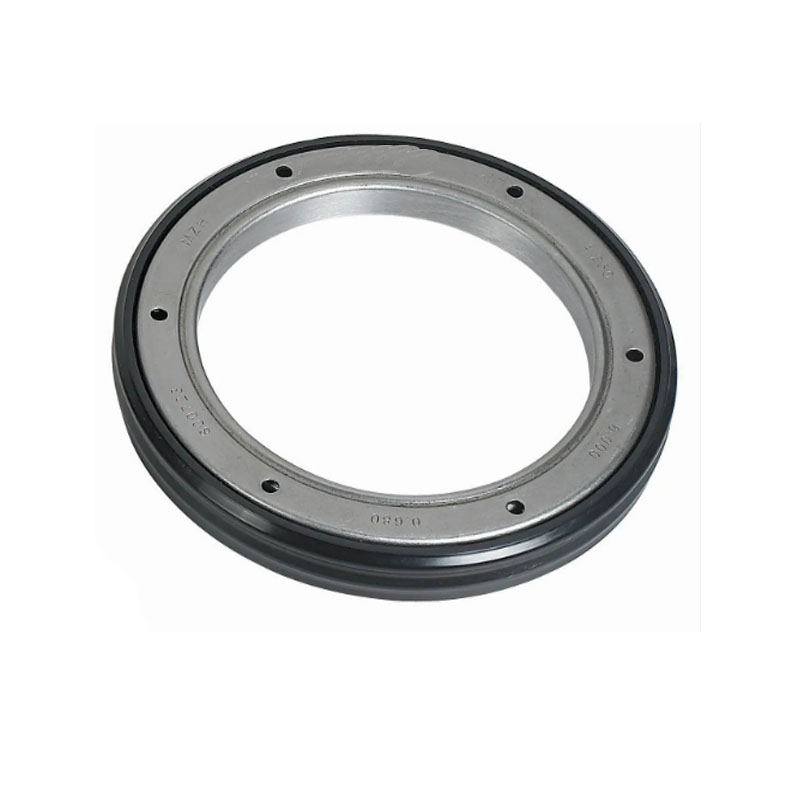oil gasket
Understanding Oil Gaskets Their Importance and Maintenance
Oil gaskets are crucial components in the automotive and machinery industries, playing a vital role in ensuring the optimal performance and longevity of engines and equipment. These gaskets act as seals between two surfaces, preventing oil leaks and maintaining the required pressure within the system. Gaskets can be found in various applications, from cars and trucks to industrial machines, making them a fundamental aspect of mechanical engineering.
At their core, oil gaskets are designed to withstand high temperatures and pressures while maintaining their integrity over time. They are usually made from resilient materials such as rubber, silicone, or composite substances that can endure the harsh conditions within an engine. The primary function of oil gaskets is to seal the spaces between engine components, such as the oil pan, valve cover, and timing cover, which are critical for engine operation.
One of the most common issues encountered with oil gaskets is wear and tear, which can lead to leaks. Over time, exposure to heat, vibrations, and oil contaminants can cause these gaskets to degrade. A leaking oil gasket can not only cause a loss of lubrication, leading to increased friction and potential engine damage, but it can also result in environmental hazards as oil spills out of the system. Therefore, regular inspection and maintenance of oil gaskets are essential to prevent such problems.
oil gasket

Detecting an oil leak can often be straightforward. Signs such as oil spots under the vehicle or a decrease in oil levels without visible leaks can indicate a failing gasket. If these symptoms arise, a thorough inspection should be conducted. In some cases, replacing the oil gasket might be necessary. This process usually involves draining the oil, removing the affected components, cleaning the surfaces, and then installing a new gasket. Proper installation is critical, as a poorly installed gasket can lead to a recurrence of leaks.
In addition to addressing wear-related issues, ensuring the right type of oil gasket is used for specific applications is equally important. Different engines and machinery may require gaskets made from different materials tailored to their operating conditions. For example, engines that operate at higher temperatures may benefit from silicone gaskets, while others may require sturdier composite materials.
In conclusion, oil gaskets play a vital role in maintaining the functionality and efficiency of engines and machinery. Regular maintenance, timely replacement, and using the correct materials can help ensure that these critical components perform effectively, ultimately leading to enhanced engine performance and reduced environmental impact. Being proactive in gasket care can save both time and money in the long run, highlighting their importance in mechanical maintenance practices.
-
Understanding the Front Main Engine Seal: Purpose, Maintenance, and Installation
News Jul.29,2025
-
Understanding O-Rings and Seal Rings: Types, Applications, and Custom Solutions
News Jul.29,2025
-
Understanding Crankshaft Oil Seals: Rear Seals, Pulley Seals, and Their Role in Engine Integrity
News Jul.29,2025
-
The Importance of Front and Rear Crankshaft Seals in Engine Performance and Oil Management
News Jul.29,2025
-
Crank Oil Seals: Functions, Types, and Cost Considerations in Engine Maintenance
News Jul.29,2025
-
A Comprehensive Guide to O-Rings and Seals: Types, Materials, and Global Applications
News Jul.29,2025
-
Mastering Diesel and Performance Engine Maintenance: A Guide to Critical Oil Gaskets
News Jul.28,2025
Products categories















